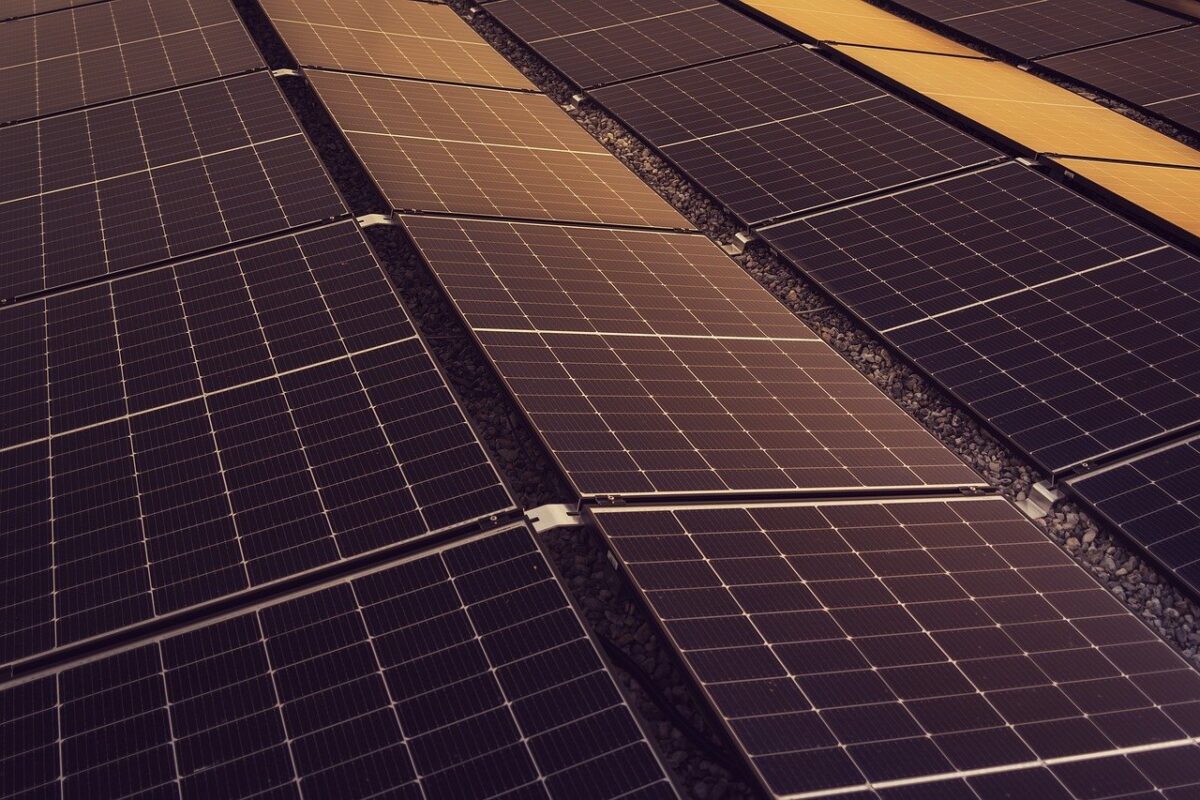A coalition from Europe’s PV manufacturing industry has shared a series of concerns over the forthcoming EU Ecodesign and Energy Label rules.
Expected this year, the measures will set minimum standards for the circularity, energy performance and environmental sustainability of solar products that are placed in the European market.
European Solar Manufacturing Council Secretary General Johan Lindahl, Ultra Low Carbon Solar Alliance Executive Director Michael Parr, PVthin President Christopher Case, and Environmental Coalition on Standards Executive Director Justin Wilkes told pv magazine that they “respectfully disagree” on the positioning shared by SolarPower Europe (SPE) on the upcoming policy measures published in February. They said the points covered by the article originated from a letter of recommendations submitted to the European Commission by a wider consortium made up of organizations in the PV value chain and research institutions.
In a response article shared with pv magazine, the group said it believes SPE’s article expresses a “primary goal of maintaining the status quo of high levels of imports of Chinese solar panels produced with carbon footprints over twice that of European production.”
“Contrary to SPE’s claims, we believe European legislators have been quite clear about the purpose of the Ecodesign framework, which is about making the internal market more circular, which includes industrial policy,” the group said, adding that goals set out by European policymakers “are intended to introduce certain market minimum entry standards for PV modules and to impede the placement on the market of PV products with a high carbon footprint and poor quality.”
It said the kWh approach “by essentially using generic assumptions to analyze an imaginary PV module rather than the actual PV module, allows modules with lower lifetimes, higher degradation and questionable warranties to achieve the perception of a lower carbon footprint.” It added that “using a kWp functional unit for the carbon footprint calculation helps eliminate these risks by avoiding the inclusion of uncertain parameters like lifetime, degradation and solar irradiance on the carbon footprint calculation level.”
The group also discussed green certificates and argued that SPE appeared to “significantly underestimate the regulatory complexities and enforcement challenges with green certificates from outside the EU and USA.” It said that many lack traceability and credibility and contribute to greenwashing.
“For the sake of transparency and reliability it is important to reduce such risks,” the group said. “The use of national grid mix emission factors for the carbon footprint calculation, based on reliable sources such as the International Energy Agency, will simplify verification, improve control and thus credibility while incentivizing countries to decarbonize their electricity grid. This will have a much more significant impact on global carbon emissions than incorporating uncertain certificates that result in greenwashing.”
The group also questioned the current proposal that the Energy Label classes will be determined based on the energy output of the first year of a module. It said that lifetime plays a significant role in the energy yield of a PV module, which is not currently reflected in the proposed design of the Energy Label. It argued that buyers do not operate PV modules for a single year.
“Therefore, the current approach may be deemed incomplete to provide customers with the correct information on electricity bills savings as well as contribute to climate targets,” said the group.
It concluded by saying that the European manufacturing industry has been advocating for the use of “transparent, third-party verified global ecolabels,” such as the Electronic Product Environmental Assessment Tool.
“The European scientific community has, through their own independent assessments and calculations, confirmed that this methodology is better suited to address the stated ambitions of the Ecodesign legislation and hence should be considered for the Ecodesign regulation,” said the coalition.
This content is protected by copyright and may not be reused. If you want to cooperate with us and would like to reuse some of our content, please contact: editors@pv-magazine.com.




By submitting this form you agree to pv magazine using your data for the purposes of publishing your comment.
Your personal data will only be disclosed or otherwise transmitted to third parties for the purposes of spam filtering or if this is necessary for technical maintenance of the website. Any other transfer to third parties will not take place unless this is justified on the basis of applicable data protection regulations or if pv magazine is legally obliged to do so.
You may revoke this consent at any time with effect for the future, in which case your personal data will be deleted immediately. Otherwise, your data will be deleted if pv magazine has processed your request or the purpose of data storage is fulfilled.
Further information on data privacy can be found in our Data Protection Policy.